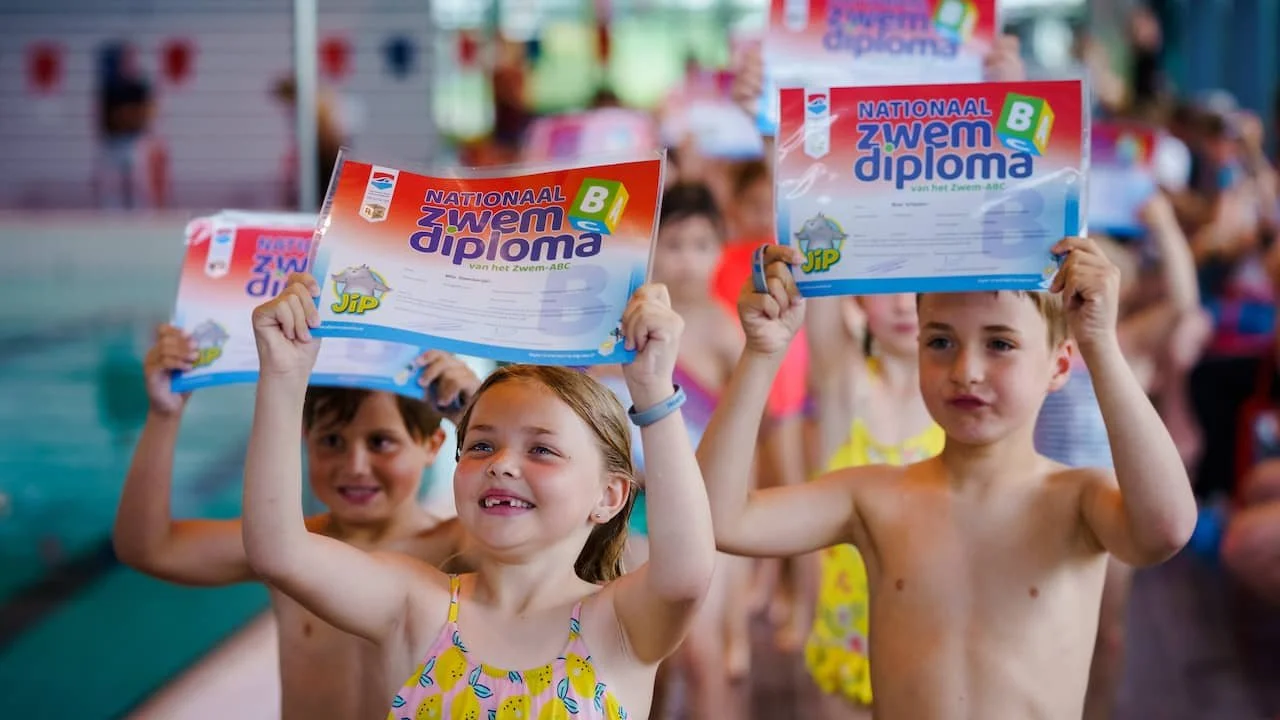Expat Chronicles: Social Trust
What is social trust? It’s probably not something you can sense right away, but over time you notice it in the comments people make, the assumptions they carry and the small choices on display every day. Think of social trust as the expectation that others are generally good, and that we can count on each other to be working for the common well-being. It is a feeling of shared values, shared responsibility, shared decency.
I see it in open school gates where primary-school age children are at play and in 6-year olds sitting atop two-foot-high school walls. The teachers don’t worry that the children will leave the confines of the school yard or that passing strangers will snatch them away.
Elora’s school
I see it in the doctor’s office at our very first appointment in The Netherlands. I share my concerns for Elora’s speech and the doctor actually writes them down. She refers us immediately to speech therapy. My concerns are valid even though Elora is just 2 and recently immersed in a foreign language.
I see it each time we have a little work done on the house or get medical care. The plumbers fixes the problem and then promises to send a bill. The flooring company delivers our new laminate and leaves without asking to be paid. Whether for physical therapy or medicine or electrical work, the custom is to mail an invoice after the goods or services have been fully delivered. They are used to being paid.
I see it when I meet the mother of Elora’s new friend as we are picking up the girls from school. The children want a playdate, and the mother suggests my house next week. When the day arrives, the father brings the 4-year old to our home and leaves her after a few minutes of chatting. She can stay as long as she’d like.
Sponsor of the Week
Tales of Cloth
Love slow stitching? Be inspired by Jodi Godfrey’s gorgeous English Paper Piecing projects at Tales of Cloth.
Sign up for the newsletter to get 15% off your first order, and Jodi’s Top 10 Tips for Easy EPP.
I see it every time I get an appointment confirmation email. During corona times we are admonished to arrive “no more than 10 minutes early, but certainly not too late”. Because lateness is inconsiderate and completely unexpected - and that goes both ways. We are helped on time nearly every time and everywhere, whether at the dentist, immigration or city hall.
I see it in the careful way that my friends follow corona recommendations even though it inconveniences them again and again. They keep their children home, take corona tests, quarantine themselves when necessary. And I see it too in the fact that 72% of adults here have had their first corona vaccine as of today. The healthy choose to vaccinate largely for the common good.
a Corona sign about maintaining distance, photo used with permission @epicantus
I see it when my teenagers are given the responsibilities of an open campus and a variable class schedule. They don’t just expect them to choose to attend classes, they expect them to pay attention to the details. In meetings the school counselor asks my child his opinion of his abilities. Children are invited to be willing participants in their education.
I see it from Aria’s perspective when she comes home grinning. Her math teacher has excused her from today’s lesson again because she’s lightyears ahead on that topic. The Dutch high school teacher can release kids from class or cancel a whole lesson period just as they see fit. It is their judgment call.
I see it when the surgeon is evaluating Elora for ear tube surgery. Like all children living in The Netherlands, all of Elora’s medical care is 100% paid for by the government. Her case is borderline; he feels that we could do the surgery or wait. The doctor asks me what I think. When I explain that I think here ear trouble might be effecting her speech acquisition, he schedules the surgery in a few weeks.
I see it as Elora’s little friend is dropped off to play with us at the lake. I am casually granted responsibility of this 5-year-old child, who cannot swim. And this is not because the parent knows me well or cares little, but because she trusts me to care for her child as I would for any child. She expects me to be decent and capable and careful.
I see it in short prison sentences, volunteer re-integration and rehabilitation programs and low recidivism rates.
used with permission @Noralinayla
I see it in the way bicyclists ride the streets, in bike lanes, yes, but also in car lanes when necessary. Taking brave left turns across traffic, counting on cars to yield time and time again, and traveling in family groups with young children on their own bikes. They are vulnerable and they are trusting. They wear no helmets!
Social trust wasn’t a value growing up in the United States. I was taught that making yourself vulnerable to strangers was reckless, foolish, irresponsible. After all, everyone is looking out mainly for themselves. While there is some truth in that cynical outlook, The Netherlands is showing us another way to live.
I deeply value the social trust that exists in The Netherlands. I have felt it nudging me to be a better version of myself, and I can see that force shaping my children too. Even still when I see a young child bicycling down the road alone, held in the collective safety of the common good, truly it can move me to tears.
A society that chooses to trust each other is a tender, beautiful thing.













